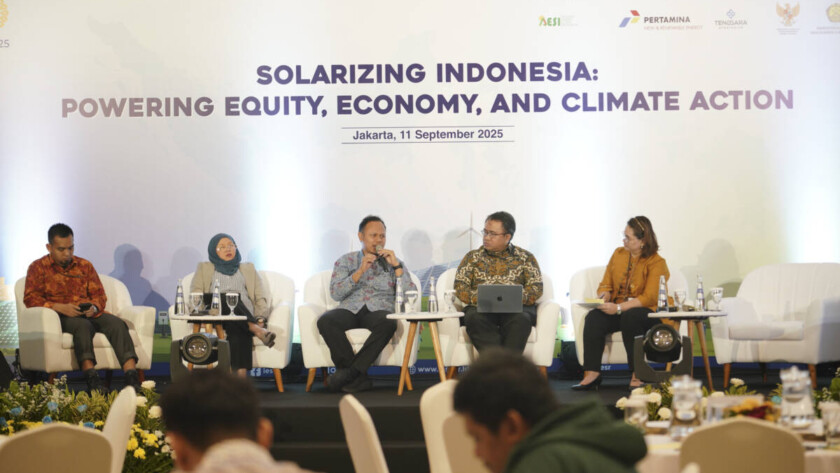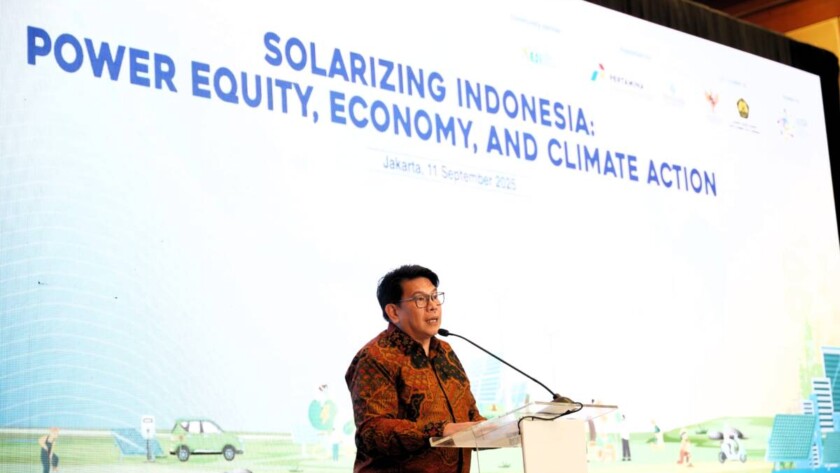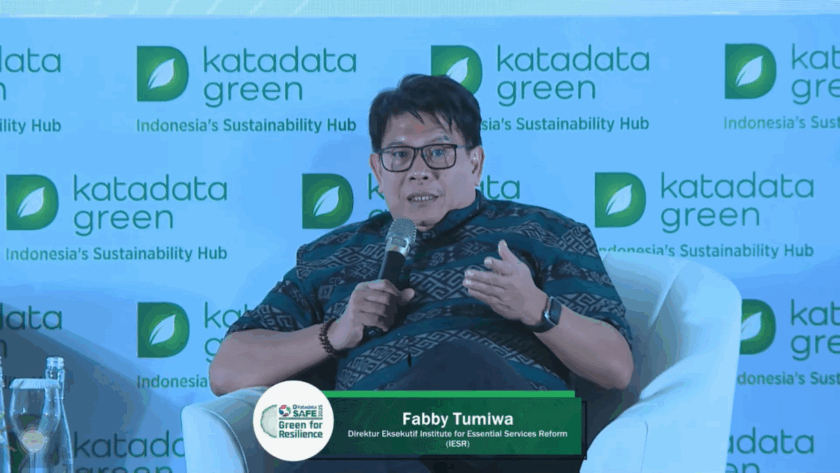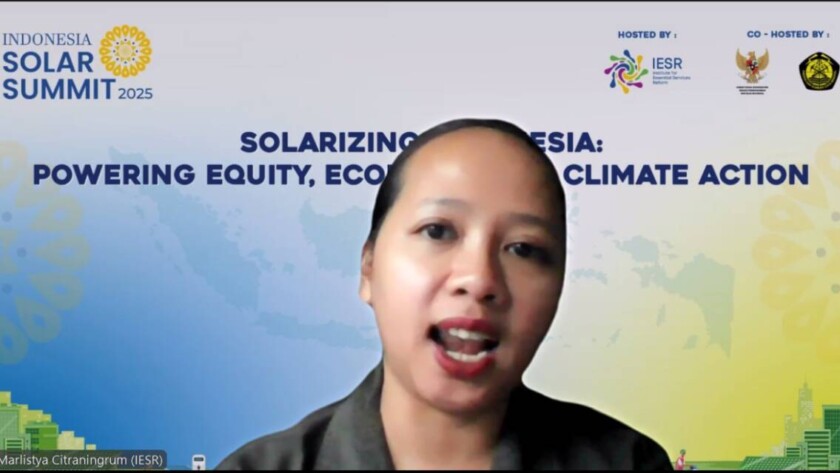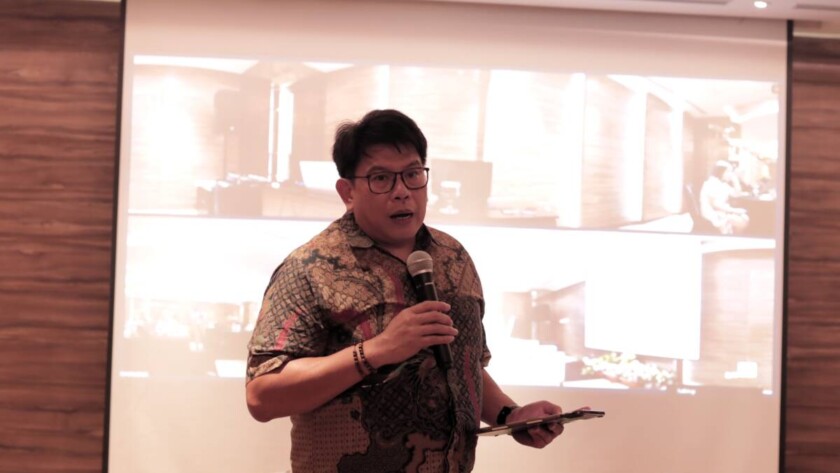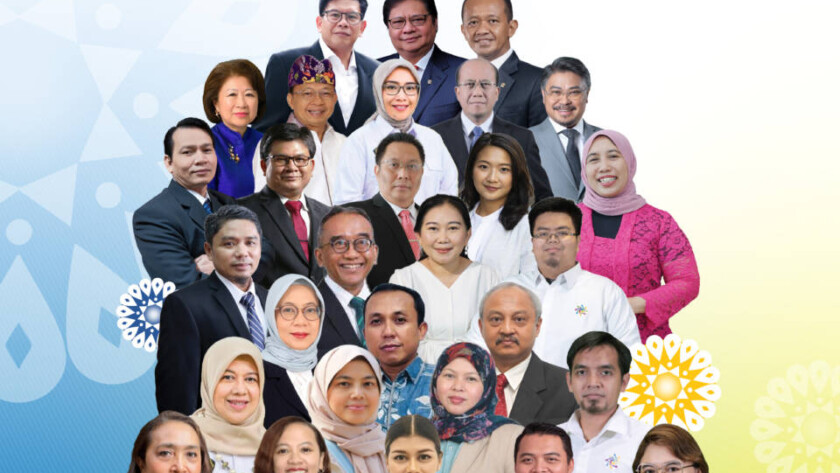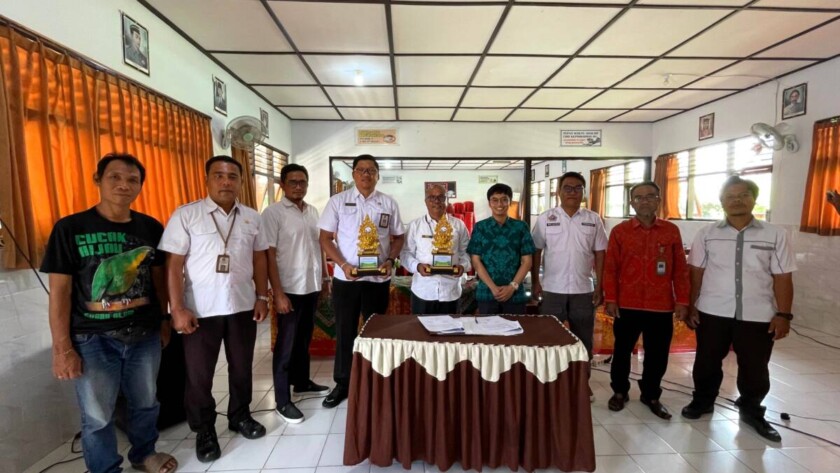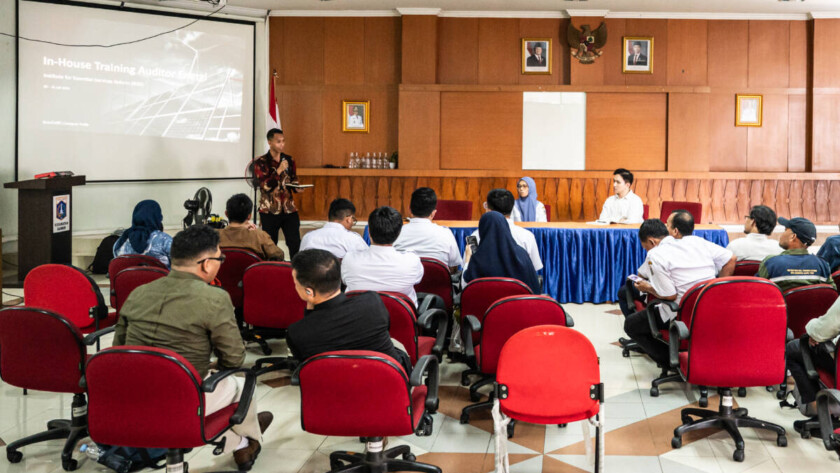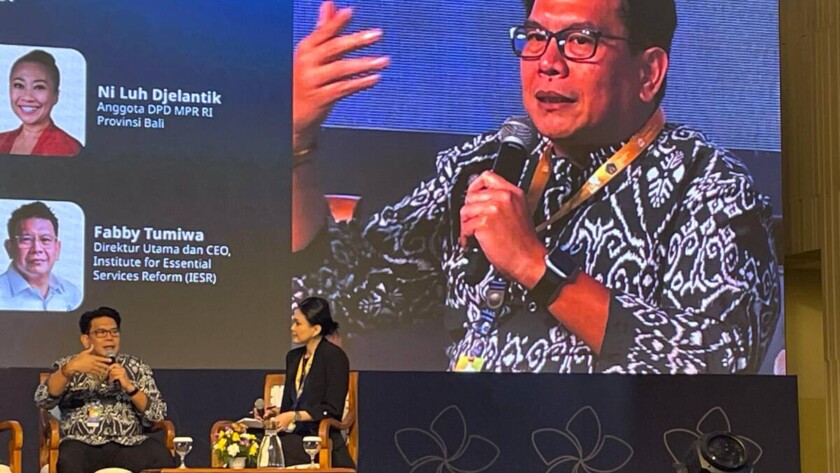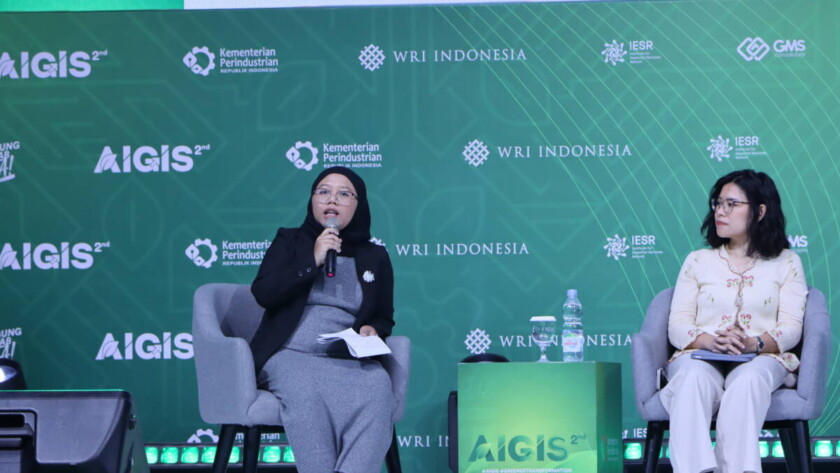Jakarta, September 12, 2025 - The growth of renewable energy in Indonesia continues to show a positive trend. One technology that is now gaining attention is Floating Solar Power Plants (FSPPs). This technology is considered capable of addressing land constraints while providing innovative solutions for solar energy utilization.
Praptono Adhi Sulistomo, Coordinator…
